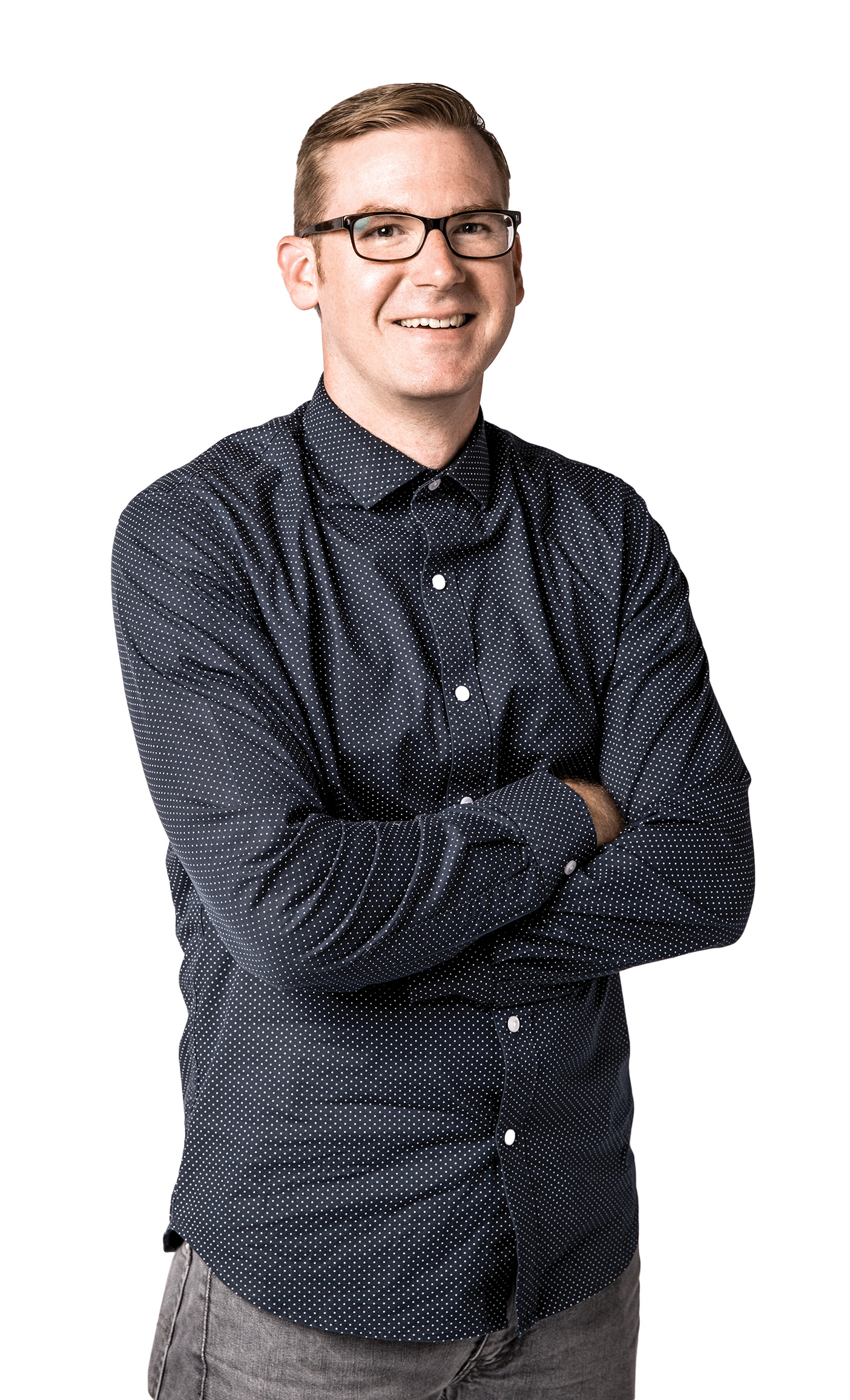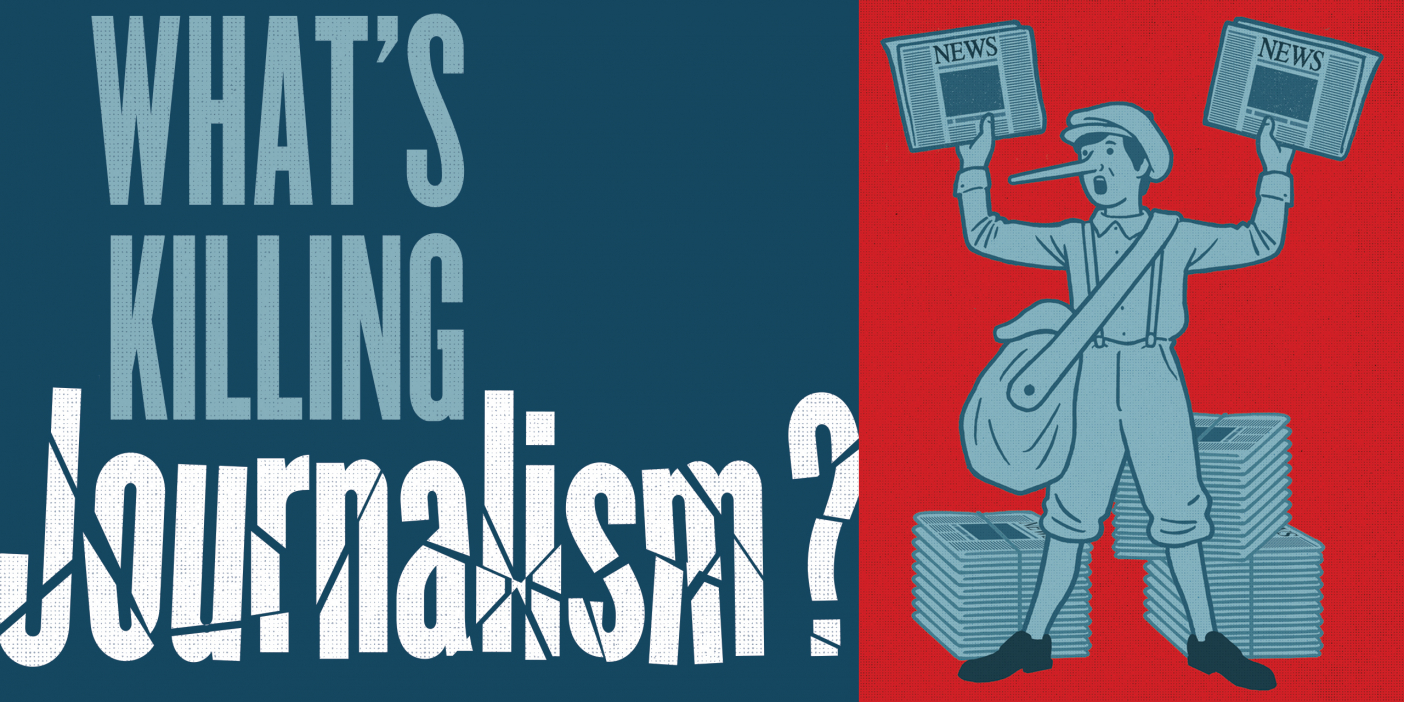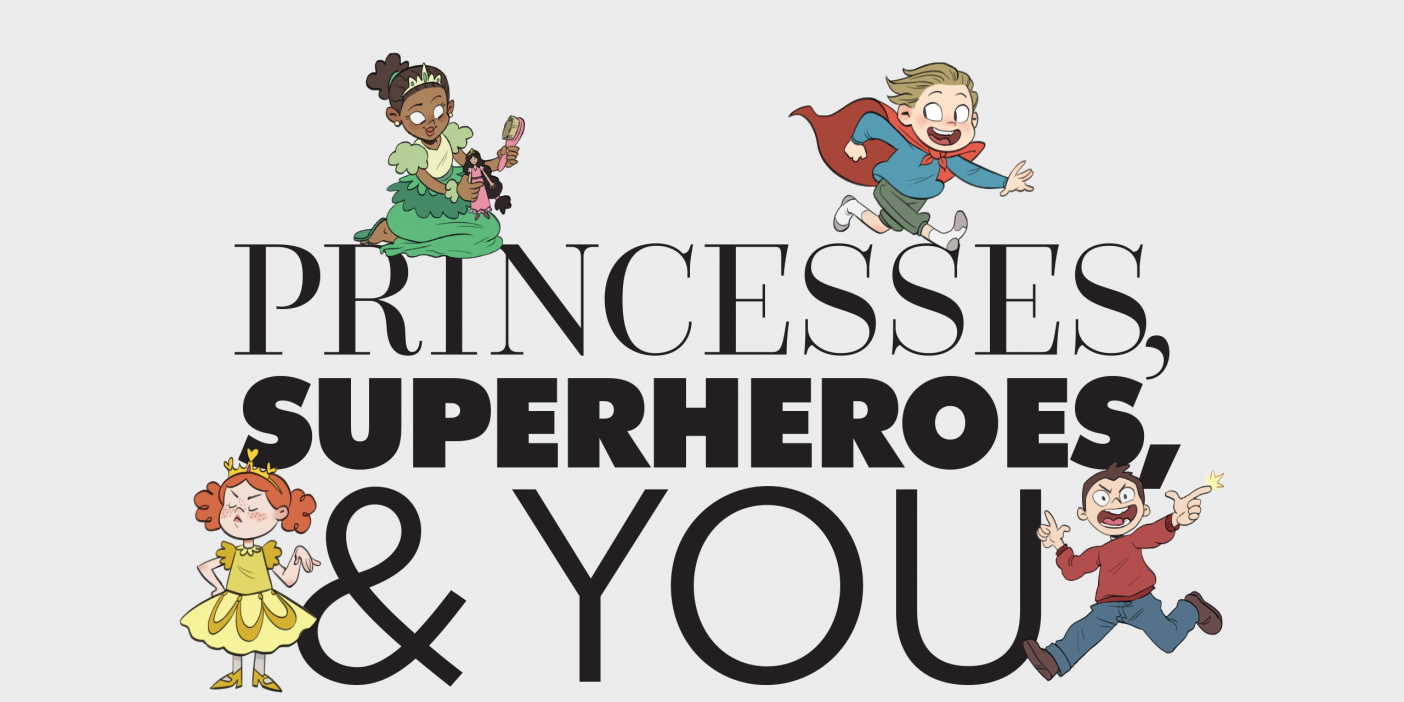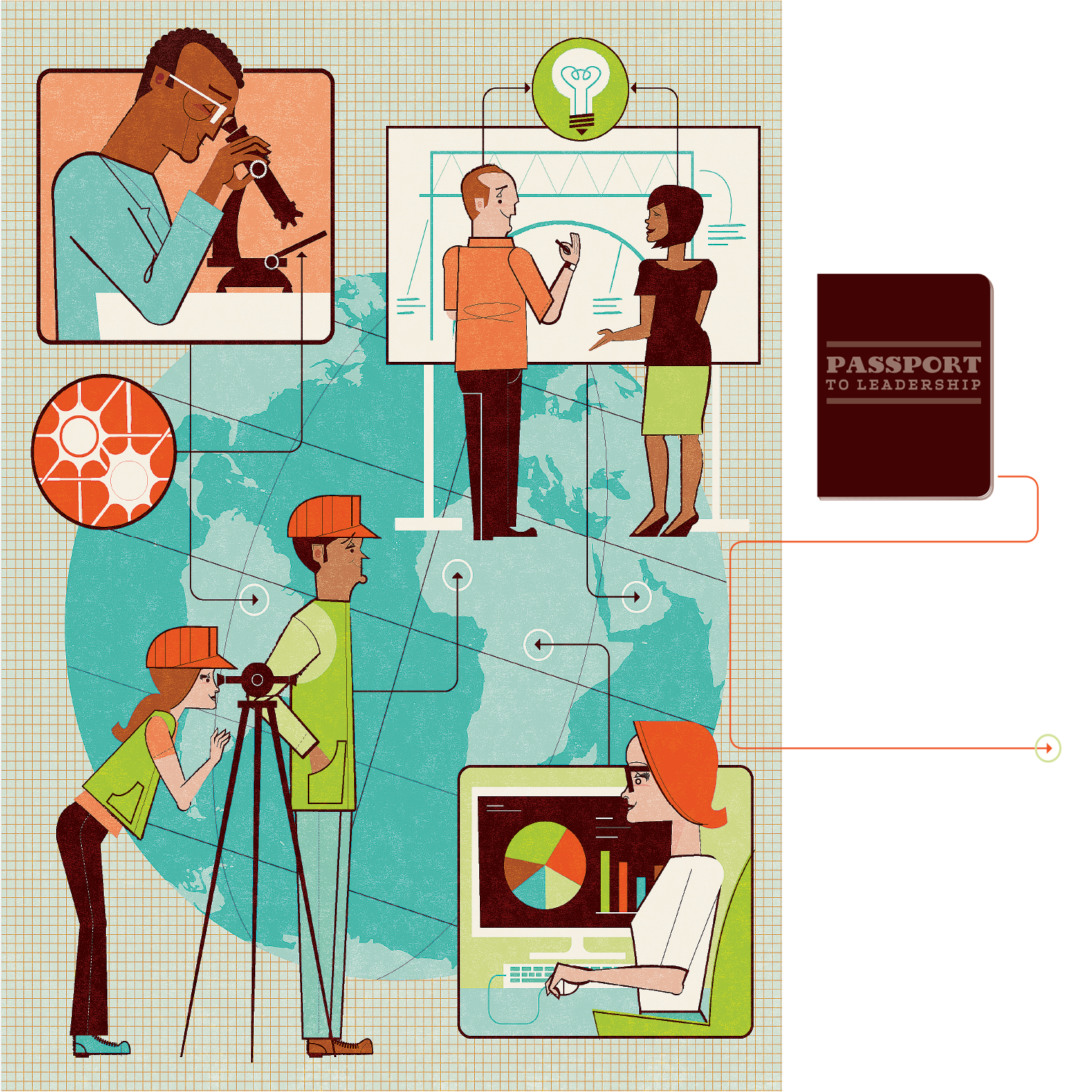
Somewhere between seasons 2 and 5 of your latest Netflix binge, there’s a fleeting moment or two (or dozen) to pause and do something unexpected—think. But most of us aren’t doing that, says media arts professor Benjamin J. Thevenin (BA ’06).
Why is media literacy so important?
A: A majority of our entertainment and news, and much of our education and interpersonal communication, involves the use of media. If we’re not willing to think about the ways in which media are framing those experiences, interactions, and information, we miss an opportunity to use our critical-thinking skills and make sense of the world from our own perspective rather than allowing other people’s perspectives to influence or determine how we think.
How should we think about media?
A: Especially among Mormons, I think there’s the impulse to think about media as good or bad. It’s either Church-produced media or media that hurts us in some way. I think that a more productive way of thinking about media education is an empowerment model. How can we think about media as a means of being able to engage with new ideas, develop our skills, and interact with people successfully?
What questions should we ask ourselves?
A: In the field of media literacy, there are these key questions: Who’s authoring this? What’s their intention? What kind of stylistic or other persuasive devices are they using to communicate this message to us? What perspectives are absent? What are other possible meanings? How could other people in other cultures interpret this in a different way?
How can we remember to take time to think?
A: There’s a phrase that I like: “talking through the credits.” When we go see a movie, we sit through the credits. It’s a great place to talk about what we just watched together and what meanings we’re making of it. I think Netflix is good for so many reasons, but that countdown puts those conversations in danger. Being willing to press that pause button during a program or immediately following a program and have questions is a skill we need to learn.












